INVESTMENTS
Climate and Social Impact

INVESTMENT OUTCOMES
A Growing Portfolio

Winnow is a global leader in AI-driven food waste reduction solutions designed for commercial kitchens aimed at reducing food waste.
Global


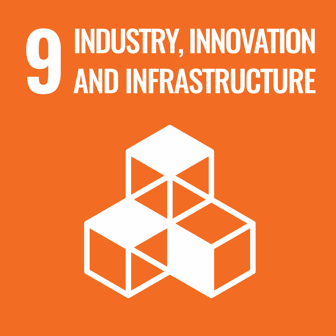
Primary Impact
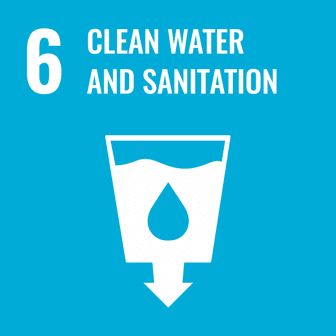
Secondary Impact
Food loss and wastage is a global problem that worsens hunger, undermines sustainability of food systems, and increases greenhouse gas emissions
Globally, approximately one-third of all food produced is wasted annually, with Asia contributing to over 50% of this wastage, of which 17% of global food production is wasted in total across households and commercial food services. The total amount of food wasted annually could potentially feed 1.26 billion people suffering from hunger. Additionally, food waste is a considerable contributor to greenhouse gas emissions, accounting for 8-10% of total annual emissions
Investing in a global leader in AI-driven food waste reduction solutions
Winnow’s AI-enabled solutions are trained to recognise waste as it is thrown in the bin, whether during preparation or from a customer’s plate. The automated recording process captures 100% of the waste stream and analytics identify and track where wastage occurs. This approach enables users to optimise efficiency, change behaviours, and drive significant waste reductions in their kitchens. Winnow’s core product focuses on pre-consumer food waste for customers in the food and hospitality sector such as restaurants, catering kitchens, hotels, resorts, and cruises that have large food production volumes. Having the ability to track food waste creates stronger awareness and drives behavioural change changes within commercial kitchens. On average, Winnow’s customers achieve a 50% reduction in food waste and cost savings of 2-8%.

Polymateria enables safe biodegradation of polyolefins in the open terrestrial environment, leaving no micro plastics behind.
United Kingdom


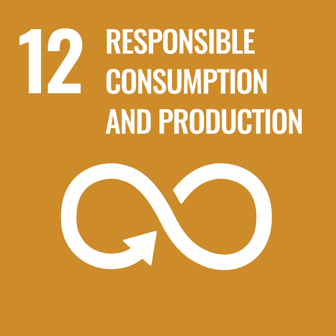
Primary Impact
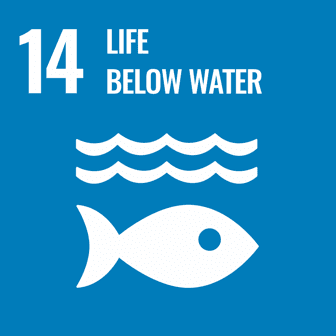
Secondary Impact
The fugitive plastic problem is a huge issue globally, and especially relevant in Asia.
A third of all plastic packaging waste is currently neither collected nor recycled and ends up in the open environment. Fugitive plastics are a huge issue because they may end up in the ocean, causing significant harm to nature and hindering the ability of the ocean to act as a carbon sink. In Asia, the fugitive plastic waste problem is especially relevant, accounting for 60% of global volumes of plastic waste either improperly disposed or unaccounted for.
Investing in an innovative solution to combat plastic pollution
Polymateria has pioneered a biotransformation technology which enables the safe biodegradation of polyolefins in the open terrestrial environment, converting the polymer into water, CO2 and biomass without leaving any microplastic or toxic residue in the open environment. The technolology can be deployed with no changes to existing manufacturing processes and is compatible with existing recycling streams, giving it unrivalled scalability. We believe that the solution developed by Polymateria can help address challenges in plastic packaging related pollution and invested in the company to help them expand its commercialization reach and further generate impact at scale in Asia.
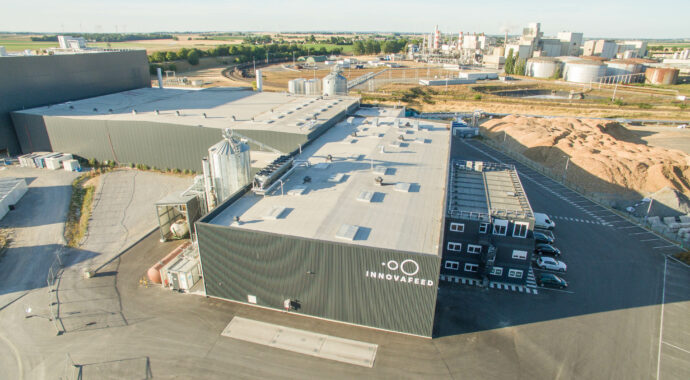
Innovafeed produces sustainable animal feed and plant nutrition ingredients from insects.
France

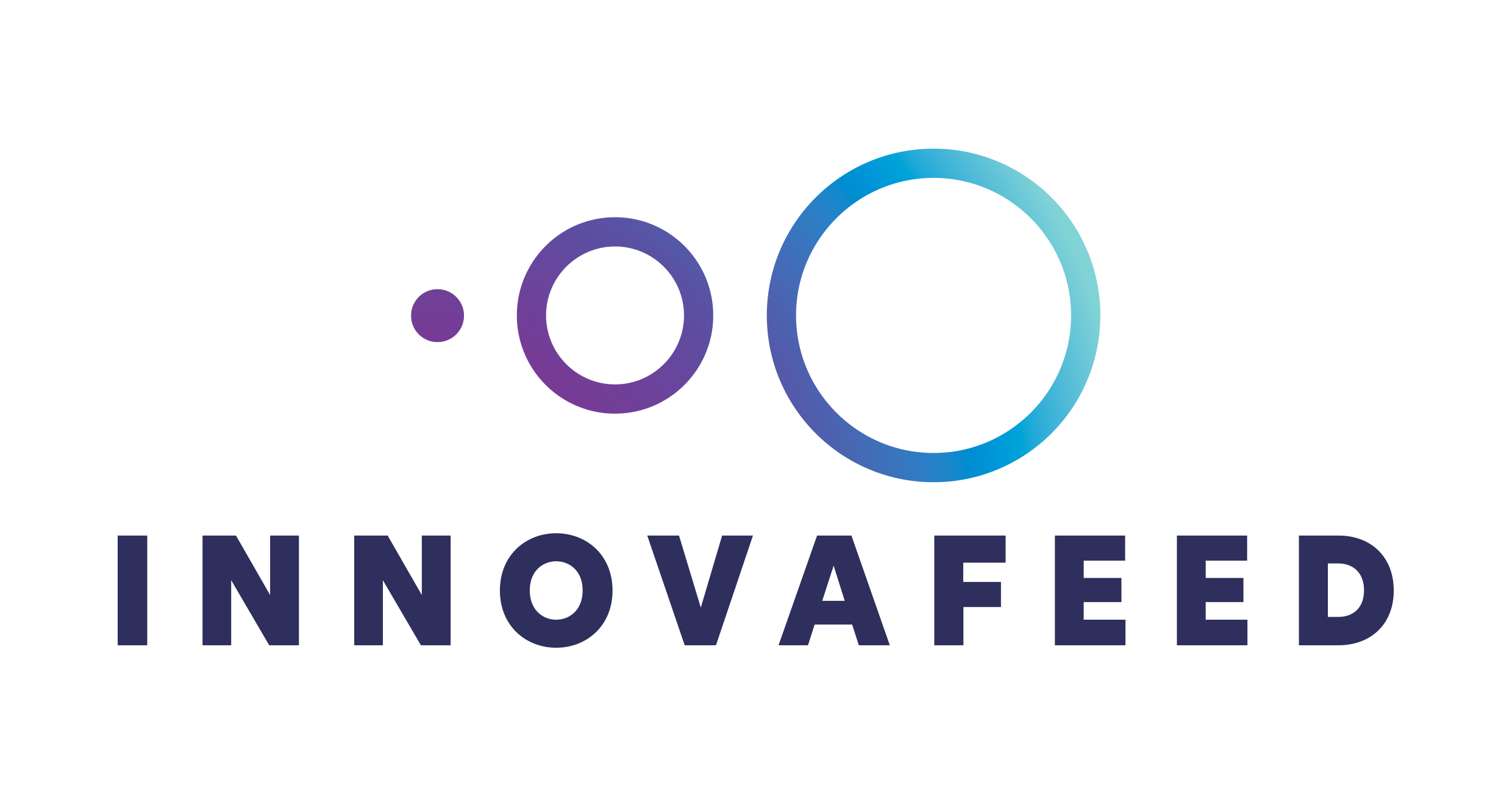
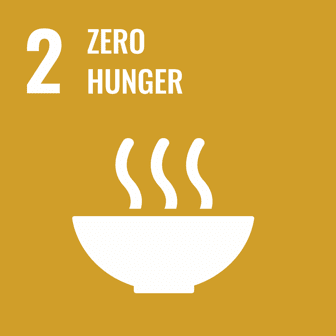
Primary Impact

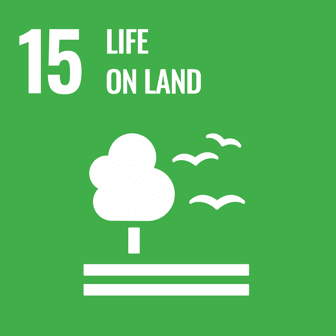
Secondary Impact
Contributing towards food security and improved nutrition, and promoting sustainable agriculture.
Innovafeed produces sustainable animal feed and plant nutrition ingredients from insects. Its work is also expected to generate impact that reduces biodiversity loss and environmental degradation over time. The company has a symbiotic production model that reduces energy consumption – using waste energy of industrial partners (previously dispersed into the atmosphere) to power production directly, and avoiding consumption of fossil fuels.
We believe that there is a huge potential for Innovafeed’s technology and platform to be rolled out in Southeast Asia, given the tropical climate which is conducive for the black soldier fly, and the availability of palm oil waste, which is a suitable feedstock.
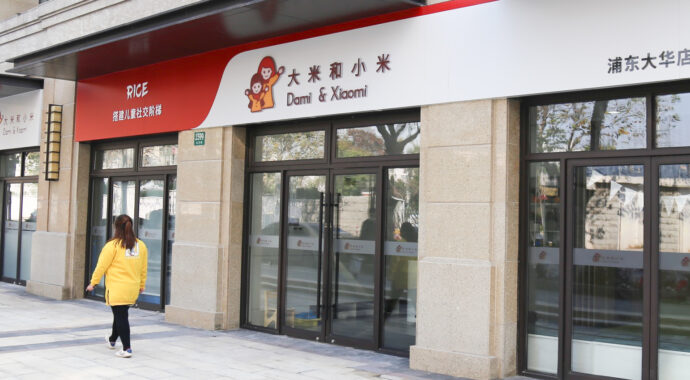
Dami & Xiaomi enables improved life outcomes for children with ASD and better well-being for their families with a research-backed and localised approach.
China


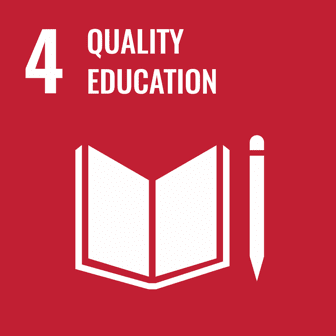
Primary Impact
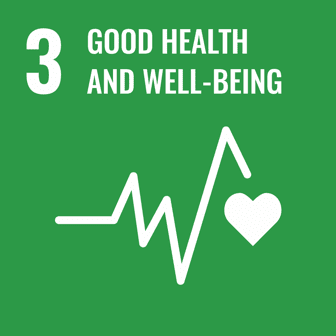
Secondary Impact
Autism is a key challenge for early childhood development
To enable optimal development of the child and inclusion in society in the longer term, Autism Spectrum Disorder (ASD) needs to be addressed early in childhood. In China, about 10M people are estimated to be affected by autism. Based on the global exposure rate of 1%, China would have more than 2 million children with autism and the number increases by 200,000 children annually. With a low diagnosis rate and limited opportunities for schooling, children with ASD may be discriminated against and excluded from society, while caregivers too experience low social acceptance and mental stress.
Enabling improved life outcomes for children with ASD and better well-being for their families with a research-backed and localised approach
We invested in Dami & Xiaomi to support the company’s mission to scale and improve access to ASD therapy solutions across China. The company has developed proprietary intervention techniques that are well-suited to the children it serves. Its proprietary therapy system integrates ABA-based methodologies with localised content tailored for Chinese users. The company also offline and online training for parents and caregivers, to help them manage their children’s special needs at home.
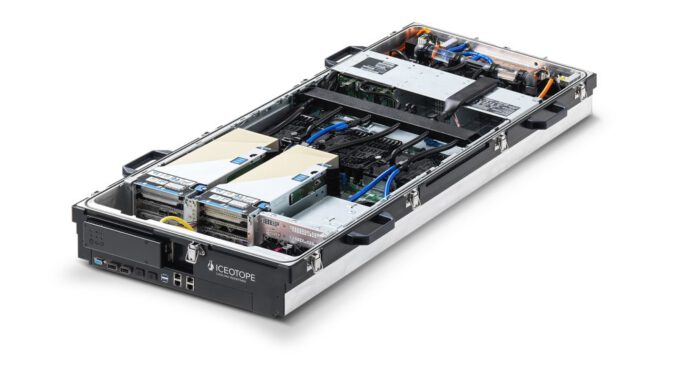
Iceotope’s technology offers large data centre servers the opportunity to reduce their energy and water use and contribute towards net zero carbon emissions.
United Kingdom



Primary Impact

Secondary Impact
Growth in data generation driving demand for data centres, leading to an increase in their energy needs and GHG emissions
Rapid digitalisation and the surge in demand for cloud-based services is expected to drive the demand for data centres globally. However, data centres have a significant environmental footprint owing to their high energy and water usage, especially for cooling purposes. To limit global warming to close to 1.5°C or 2°C, large-scale reductions in greenhouse gas emissions are needed.
Investing in climate technology to contribute towards net zero carbon emissions.
Iceotope’s technology offers large data centre servers the opportunity to reduce their energy and water use and contribute towards net zero carbon emissions. The company’s environmentally efficient technology reduces the energy and water required to cool data centre servers and contributes to the achievement of net-zero emissions for the data centre industry. We invested in Iceotope to support further commercialization of its technology and enable wider adoption for the impact to be realized at scale, including across data centres in Asia.
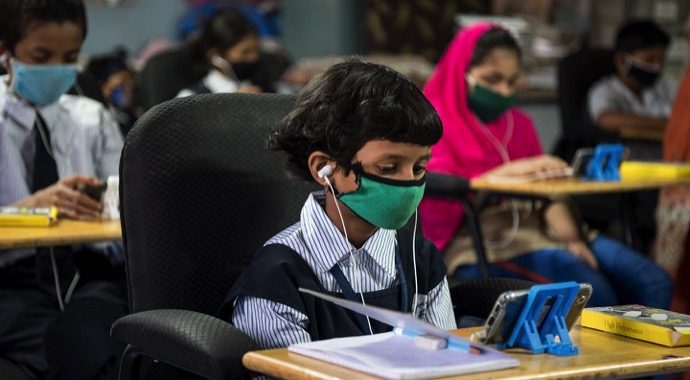
Vedantu’s innovative online services contribute to better educational outcomes, improving lives and livelihoods in the long term.
India



Primary Impact
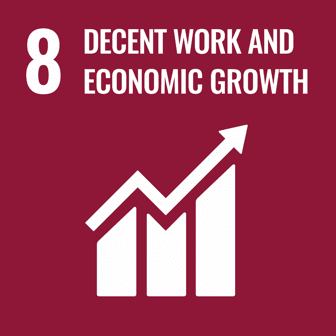
Secondary Impact
Challenges in education system leading to inequalities and low social mobility
In India, more than 50% of primary school-going children experience suboptimal learning outcomes due to unfavourable learning environments and shortage of required educational resources. As most schools are unable to cater to the educational needs of students, an estimated 40% of parents in India enroll their children in supplementary education. However, access to quality and affordable supplementary education is limited, especially outside tier 1 cities.
Investing in solutions enabling equitable access to education
We invested in Vedantu for its ability to provide online tutoring and cater to the rising need of quality supplementary education outside tier 1 cities. Using personalised and interactive technology to supplement learning beyond the classroom, Vedantu creates impact at scale by positively contributing to better educational outcomes, improving lives and livelihoods in the long term.
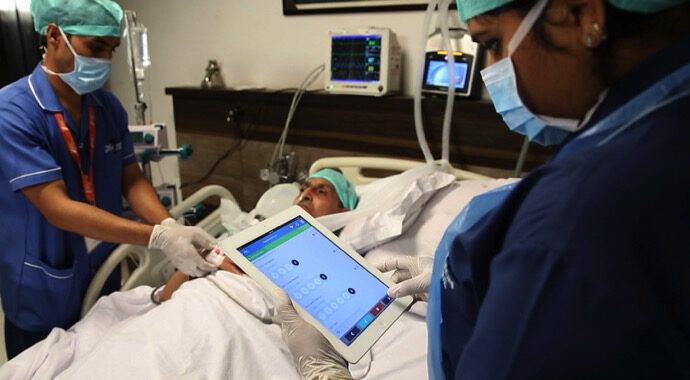
HCAH offers a diverse suite of specialised out-of-hospital services at affordable prices that improve quality and access to health services while easing the burden on health systems in India.
India



Primary Impact
Myriad of challenges for India’s health sector
COVID-19, rapid urbanisation and the rising burden of chronic diseases pose major health challenges globally. In India, issues around access and affordability of healthcare services further magnify these problems for its health systems and population. As demand consistently increases, the country’s supply infrastructure is further constrained, both in terms of quality and quantity. Shortages in health workforce and resources as well as limited organised healthcare providers result in India’s population experiencing fragmented, sub-optimal care – within and outside the hospital.
Investing in out-of-hospital care to transform healthcare delivery models
We invested in HealthCare atHOME (HCAH) for its two-fold ability to deliver positive benefits at both the individual and systemic level. HCAH offers a diverse suite of specialised out-of-hospital services at affordable pricing, ranging from ICU-at-home to rehabilition services and recently, COVID care. By providing alternate care delivery structures, HCAH contributes to improving the access and quality of health services for patients, while offering systemic relief to India’s constrained supply infrastructure. HCAH’s out-of-hospital model also ensures patients receive continuous care with reduced risk of hospital readmissions and infections, driving better health outcomes for the population.
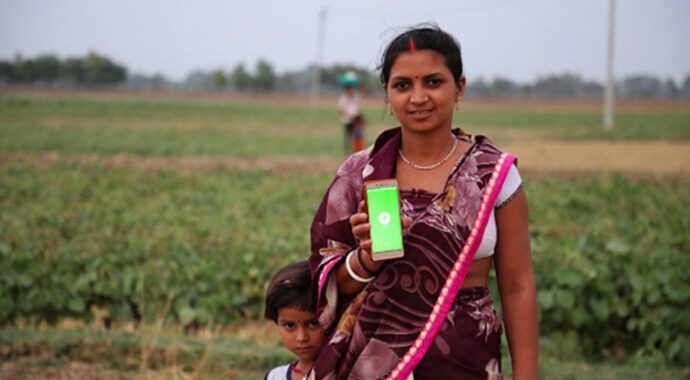
Cropin empowers farmers associated with agri businesses to utilise real-time data for better decision-making and improved farm productivity.
India



Primary Impact
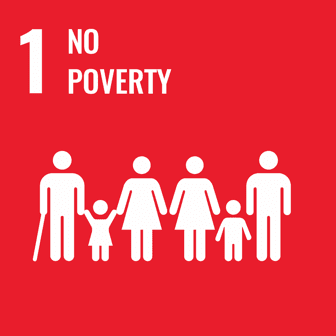

Secondary Impact
Information asymmetry creates inefficiencies in the agri food system
In Asia, almost 80% of our food production is dependent on an estimated 450 million smallholder farmers (SHFs), majority of whom earn less than USD 2 a day from cultivation.
Farmers face challenges related to: limited access to capital pre-season, quality inputs, agronomic information in-season, and markets post harvest.
Investing in the AI-Culture for Agriculture
We invested in Cropin for its ability to improve efficiency, productivity, predictability, and sustainability of crop value-chains for agri-businesses and smallholder farmers around the world. Cropin empowers the farmers associated with the agri businesses to utilise real-time data for better decision-making and improved farm productivity.
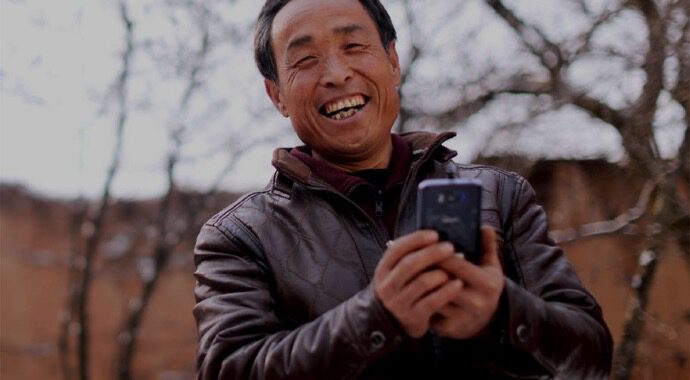
Chongho Bridge’s economical rural services enable borrowers to invest in their livelihoods, achieve financial resilience, and ultimately better their standards of living.
China




Primary Impact
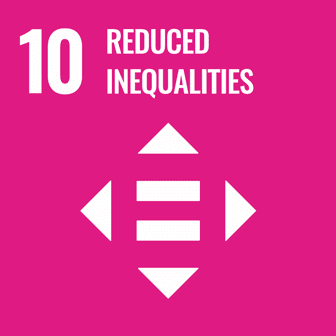
Secondary Impact
Rural communities require enabling capital to advance the economy
China has the world’s largest unbanked population of nearly 287 million people, with majority in rural areas. These rural communities typically comprise micro-entrepreneurs or small-scale enterprises that are unable to sustain or scale with insufficient financial resources.
As MSMEs account for 97% of registered businesses and 82% of employment in the country, limited access to financial services has been and continues to be a significant barrier to economic development in rural China. The success and revitalisation of these rural communities and economy are integral to the continued growth of the Chinese economy.
Investing in affordable microfinance solutions to revitalise the rural economy
Chongho Bridge’s convenient, fast, and economical rural services enable borrowers to invest in their livelihoods, achieve financial resilience, and ultimately better their standards of living. Better business prospects also enable customers to improve their working conditions and provide more employment opportunities to their communities.
Chongho Bridge facilitates the achievement of sustainable economic development in these rural populations. Our investment in the company highlights our commitment to advancing financial inclusion and reducing inequalities for underserved communities.
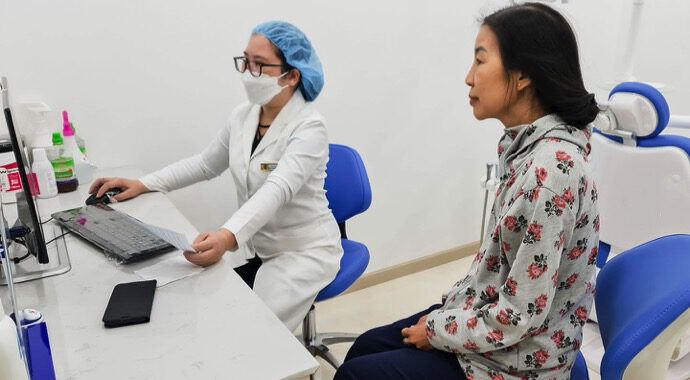
Kim Dental reaches an underserved population and addresses the oral care needs of the country’s emerging middle class.
Vietnam



Primary Impact
Oral health remains neglected in the overall health agenda
Oral diseases affect over 3.5 billion people globally. Poor oral health remains a silent epidemic, particularly for low- and middle-income countries and their disadvantaged populations. Maintaining good oral health is also fundamental to overall health as oral diseases often share risk factors and social determinants with numerous other non-communicable diseases.
Investing to address inequalities in access to oral healthcare
We invested in Kim Dental to bridge the access gap for oral healthcare in Vietnam. Through its affordable range of dental services, Kim Dental is able to reach an underserved population and meet the oral care needs of the country’s emerging middle class. It also bolsters health infrastructure and workforce through its quality clinics and training initiatives, to contribute to an increasing standard of oral health services throughout the country.
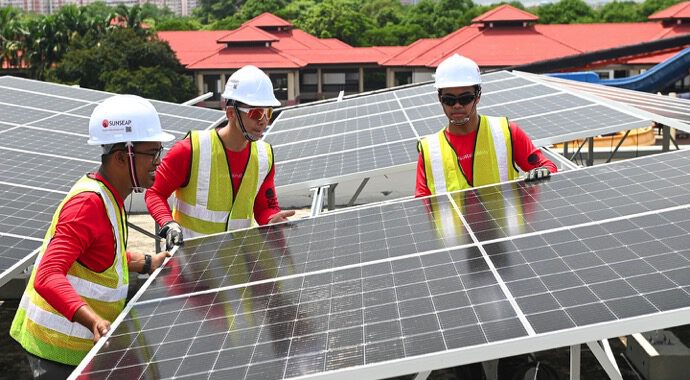
Sunseap provides increased access to affordable, clean energy and contributes to a significant reduction in greenhouse gas emissions. Exited in November 2021.
Singapore


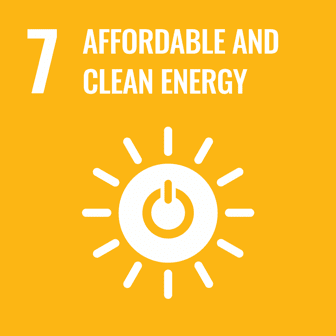
Primary Impact
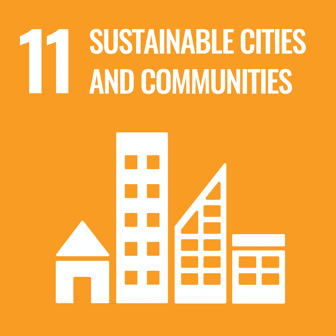
Secondary Impact
Rising GHG emissions continues to be a global concern
Approximately two-thirds of global greenhouse gas emissions are linked to burning fossil fuels for producing energy used by the heating, electricity and transport sectors. Since the early 2000s, Asia-Pacific has become the dominant source of CO2 emissions globally, representing 25% of all global CO2 emissions, produced across all sectors. Without action towards reducing emissions, the impending climate emergency will result in irreversible consequences for societies and the environment.
Decarbonising South-East Asia
We invested in Singapore-headquartered Sunseap for its ability to address the decarbonisation challenge by aiding the transition from emissions-intensive energy sources to renewable energy for South-East Asia region. Sunseap provides increased access to affordable, clean energy, contributing to a significant reduction in greenhouse gas emissions.
We exited our investment from Sunseap by selling our stake to leading global renewables energy producer EDP Renewables (“EDPR”) in November 2021.
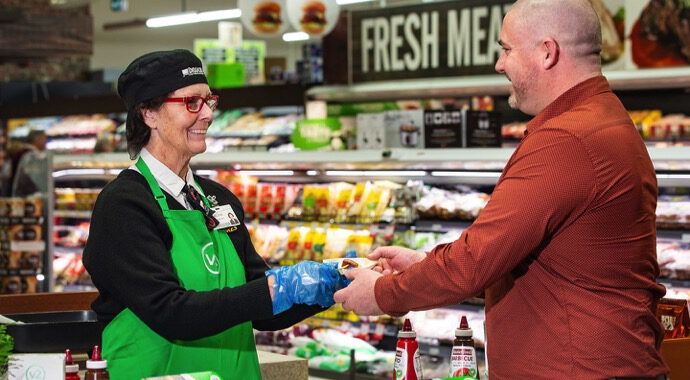
v2food’s products help reduce the environmental footprint that comes from meat consumption and contributes to a most sustainable food industry in the long run.
Australia



Primary Impact


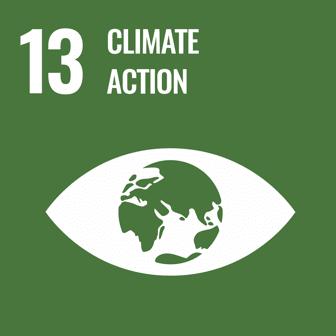
Secondary Impact
Demand for livestock agriculture taking a toll on environment
Feeding 10 billion people in 2050 poses a huge challenge for the food industry, given the global food demand will soar by 56%. While increasing production, the food and agriculture industry is grappling with complications such as rising GHG emissions. Skyrocketing demand for animal agriculture will further compound the damage to the environment with increased land use, water use, and reduced biodiversity.
Investing in sustainable food production
We invested in v2food to support innovative solutions that can alleviate the looming food security crisis. The company makes meat directly from plants to provide a sensory experience akin to conventional meat. Their work helps reduce the environmental footprint that comes from meat consumption and contributes to a most sustainable food industry in the long run.
IMPACT OUTCOMES
Stories of Impact
Find out how our companies are uplifting lives and livelihoods

“Impact investing at its core is about people and our collective well-being as one global community. As impact investors, we must possess expertise as well as empathy to effectively work with our portfolio companies and contribute to impact solutions.”
— David Heng, Founder & CEO of ABC Impact
Reach Out to Us
For any enquiries, feedback or engagements.